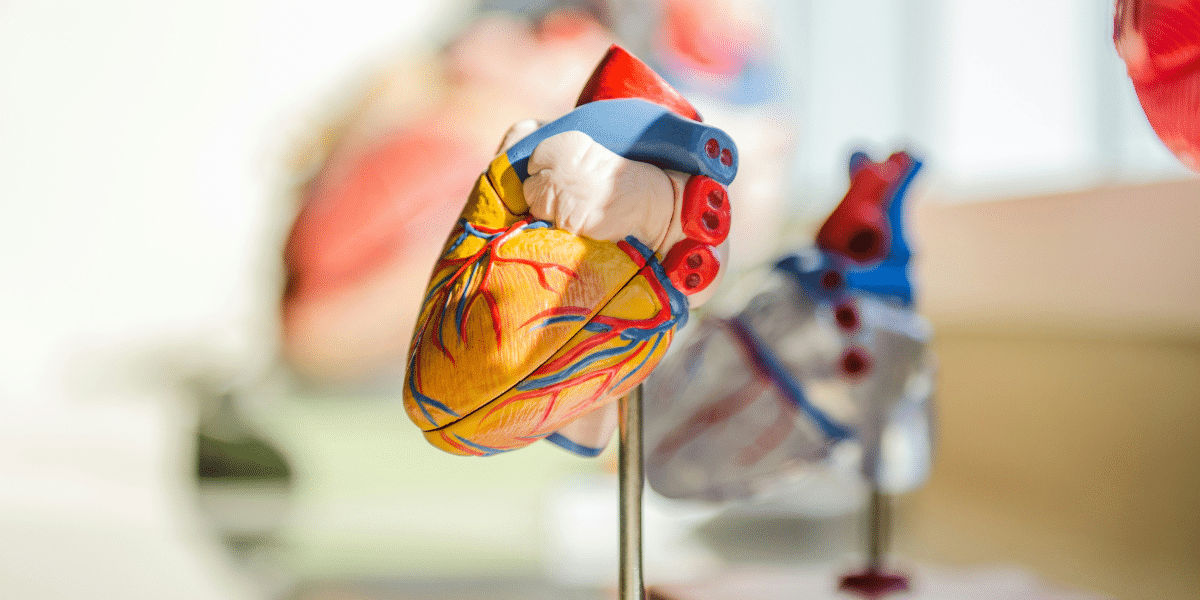The results, which are to be presented at ACC 24 on April 6th, 2024, could mark a significant milestone for SHL telemedicine as it pursues expansion in the US.
Imperial College London is set to present the full results of its TELE-ACS clinical trial at the prestigious American College of Cardiology’s 24th Annual Scientific Session & Expo (ACC 24) on April 6, 2024. This trial stands at the forefront of a healthcare revolution, showcasing the potential of SHL Telemedicine’s SmartHeart® 12-lead ECG technology to transform the landscape of cardiovascular care.
The collaboration between Imperial College London and SHL Telemedicine is uniquely promising in the cardiac care landscape. The TELE-ACS trial, in particular, is pivotal in demonstrating the practicality and effectiveness of remote cardiac care. This study focuses on the acute assessment of patients with high cardiovascular risk following an acute coronary syndrome (ACS), a critical area where timely and accurate monitoring can mean the difference between life and death.
Over the years, SHL Telemedicine has gathered substantial amounts of data, and previous studies they have conducted have shown very positive results. SHL’s SmartHeart® offers patients the comfort of being monitored in their own homes, reducing the need for frequent hospital visits. Secondly, this technology opens up promising new avenues for timely intervention, a pivotal aspect in effectively managing post-acute coronary syndrome cases and ensuring optimal patient outcomes.
Now, as everyone anticipates the full results, the implications of this trial could be far-reaching. Should the full results presented at ACC 24 echo the data from previous SHL studies, it would mark a significant milestone for SHL Telemedicine and its SmartHeart® technology. This notable success would not only cement SHL’s position as a prominent leader in telemedicine but also further underscore the unparalleled effectiveness of remote monitoring in successfully managing complex cardiac conditions.
The impact of such a breakthrough extends beyond the realms of patient convenience and technological advancement. The broader implications for the healthcare system are profound. By enabling remote monitoring of high-risk cardiac patients, SmartHeart® has the potential to significantly reduce the strain on healthcare facilities, particularly in the area of cardiovascular care. This is especially relevant in a world grappling with aging populations and rising healthcare costs.
Moreover, the positive and disruptive results of the TELE-ACS trial could act as a transformative catalyst for wider acceptance and seamless integration of cutting-edge telemedicine technologies in routine healthcare practices. It could lead to a far-reaching paradigm shift in how the holistic and proactive management of chronic diseases is approached, opening doors to innovative treatment modalities that are not only more patient-centric but also highly sophisticated and data-driven. The implications extend beyond mere adoption, opening doors in healthcare that embrace the convergence of technology and medicine for enhanced patient outcomes and improved overall well-being.
The benefits of such a shift are manifold and deeply impactful. For patients, it means more personalized care, better quality of life, and potentially better health outcomes. Not only a more efficient use of resources but also improved patient management capabilities, enabling them to extend care to an even larger patient base with precision and effectiveness. Furthermore, the data generated through continuous monitoring can offer invaluable insights into disease patterns and treatment efficacy, driving further innovation in cardiac care.
As the healthcare community eagerly awaits the presentation of the TELE-ACS trial results at ACC 24, there is a sense of optimism about the potential transformation in cardiac care. A positive outcome would not only be a triumph for SHL Telemedicine and Imperial College London but also a testament to the power of innovation in reshaping healthcare delivery.
Published by: Martin De Juan

















